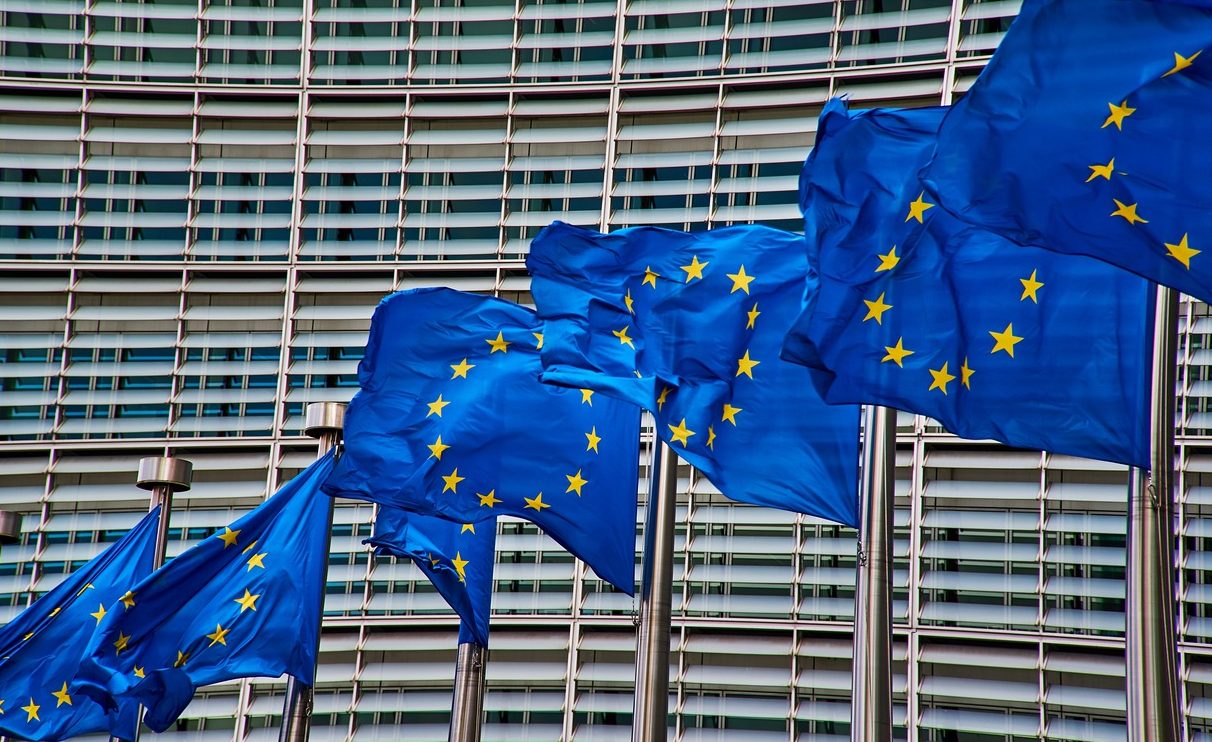
A new brief entitled A Dangerous Game in the EU Bubble released on January 4 by the newly established think tank of the Mathias Corvinus Collegium (MCC) in Brussels argues that rule of law claims have been weaponized so intensely that some are considering removing the European Council ‘veto’, which is dangerous development.
The new briefing challenges the dominant narrative pushed by European Union institutions and operatives in recent years and calls for an honest reexamination of nationality, sovereignty, and pluralism. The report argues these are the real values and history underpinning the European project.
The full briefing can be accessed here.
The 19-page briefing picks apart the contentious and important disputes within the Union about adherence to so-called ‘Rule of Law’ principles. These spats have become so important that some now argue for the removal of the “veto” in the European Council. The MCC Brussel’s paper argues that:
The paper concludes that the removal of the veto would amount to the removal of one of the last checks on the EU elites’ attempts to impose their values on sovereign states.
Professor Frank Füredi, Executive Director of MCC Brussels and co-author of the briefing paper, stated that
“This report represents a wake-up call for those concerned with democracy and freedom in the European Union.
The EU has developed an institutional aversion to national sovereignty and democratic politics – resulting in increasing interference in the matters of states.
The EU increasingly weaponises the law and uses legal reasoning as a cover for political actions. It regards courts as instruments for the promotion of its political interest and does so via pronouncements about the Rule of Law. It is time to pull back the curtain and expose the reality that attacks countries like Hungary on the grounds that they suffer from a ‘rule of law deficit’ serve as a medium for contesting the values promoted by the Hungarian Government”, concluded professor Füredi.

Frank Füredi. Photo: Gyurkovits Tamás/MCC
Professor Dr Werner J. Patzelt, research director, MCC Brussels and co-author of the paper added that
“We hope that this briefing paper will help people of goodwill to see through the smoke-and-mirrors attempt to cast those with unique or contrasting answers to cultural questions as ‘rogue states’.
Those who wish to remove the Council veto deliberately seek to put ‘EU values’ on a collision course with sovereign nation-states within the EU.
The veto has become a last line of defense for countries to legally resist decisions that they feel are prejudicial to their national interests, values, and culture. The central virtue of the veto has been to provide a recourse for nations in cases where they believed important national interests were at stake. Negotiating around the veto generates much more legitimacy than overriding a minority. Removing the veto would jeopardize the cohesion and legitimacy of the European Union.”
Members of Germany’s radical left-wing government are some of the fiercest critics of the institution of the veto. Only this week, German Foreign Minister Annalene Baerbock has complained during a meeting in Portugal that the EU cannot afford to be held back by a single member state’s to veto. In her view this undermines the bloc’s effectiveness and unity.
Featured Photo: Pixabay